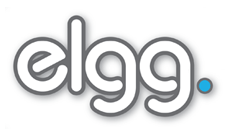
The recent move to Composer for Known (and eventually Known plugins) has given me the opportunity to improve the experience for plugin developers.
Previously, generating a .pot file for languages would require a script in Known’s central language directory. This meant all sorts of “relative path” hijinks in your Gruntfile.js, and was generally bad.
So, I’ve taken this opportunity to package up the script into its own project that can be installed via composer as a development dependency into your plugin project.
How to use
- Create your CoolProject, and add your translation string hooks, and load them as described here.
- In your project, add
known-language-toolscomposer require mapkyca/known-language-tools --dev - In the project directory you’ll find a
Sample.package.jsonpackage.json - In the project directory, you’ll find a
Sample.Gruntfile.js - Create a
languages - Run the grunt task,
grunt build-langnpm install --only=dev
Hope this is useful to you!

